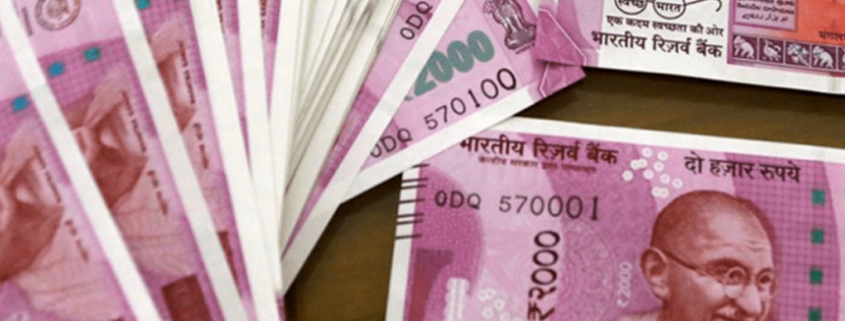At a time when start-ups or new age tech companies around the world were brimming with practical solutions to real-life problems and the leaders of the major economies were still looking at ways to combat the menace of cash in their respective economies, the Prime Minister (PM) of India launched a direct and scathing attack by way of demonetization. In the 40 minutes long speech by the PM of India on Nov 8, flushing out billions of black money from the system remained the prime stated goal behind the move, while cashless or digitization was one of the many other supplementary goals. But, for many bureaucratic and political reasons, the government’s narrative/actions post the demonetization announcement gradually kept shifting from Black Money to promoting a Cashless society in India.
Over the next many days, in a bid to achieve the revised objective of a Cashless society, the government rolled out many incentives to encourage the use of digital payments. But nearly after 100 days since the announcement, the word on the ground is that the cash transactions are largely seen returning to the pre-demonetisation era. But it would be wrong to claim or even state that the situation is only unique to India when pitted against its peers. Cash is still King, not just in emerging countries like India, but even in the developed countries like Germany and Japan for example.
A recent study undertaken by the Bloomberg (http://bloom.bg/2hsrTBL) reveals that German’s use cash for over 80% of transactions followed by Australian’s who use cash for conducting over 60% of their total transactions. Generally, lack of financial Infrastructure and low financial literacy are two prime reasons cited for slow adaptation of cashless economy. The findings from these developed economies give enough reasons to reject the hypothesis. As found in the survey, people tend to hold cash as it is believed to be anonymous, untraceable, provides the option of tracking your spends tangibly without having to pull out your phone.
Close to home, the situation is no different in the far more developed country Japan, which in spite being a tech-driven economy it is widely known to be a cash-based society. The reality is that demand for cash has kept on growing, according to various statistics, the Japan’s total cash in circulation has outstripped its economic growth in the last five years. Japanese, even the elderly, are known to comfortably carry around thousands of yen on them.
Back home, with remonetisation underway, cash seems to have made a big comeback. Most retail stores have reported cash transactions to have returned to about 30% of the total sales, which they expect to return to the pre-demonetization level of 40-50% in just a few months. Though digital transactions registered huge uptick, rising multi-folds in Nov-Dec period when there was an absolute dearth of liquid money. In Jan, when the liquidity situation improved considerably, RBI reported a 10% decline in digital transactions and sharp 18.6% decline in the PoS terminals. These indicators back the views of Indian retailers on the return of cash transactions.
Hence Indian’s shouldn’t be isolated and put in a different basket for their love for the pinkback – the colour of new Rs. 2000 bill. Globally, countries like Sweden that have reported swiftest transition to a cashless society were able to do so after their institutions were able to win considerable trust from their people. The migration, It was a long, planned and yet arduous process. In India, the demonetization exercise, by no means, was a swift one. The government and the RBI issued multiple guidelines in a single day, with policies seemingly changing by each passing day. People, on the street, explained the exercise as being caught in an unwanted chaos and cited losing trust in the most credible institution of India, the RBI.
While the government may continue to try with all its might to make people move to digital payments, the move would only happen once the citizens, largely the dominant rural population, are made aware of the advantages and are comforted with the Idea of paying through phone, until then Cash would still be the undisputed king.



